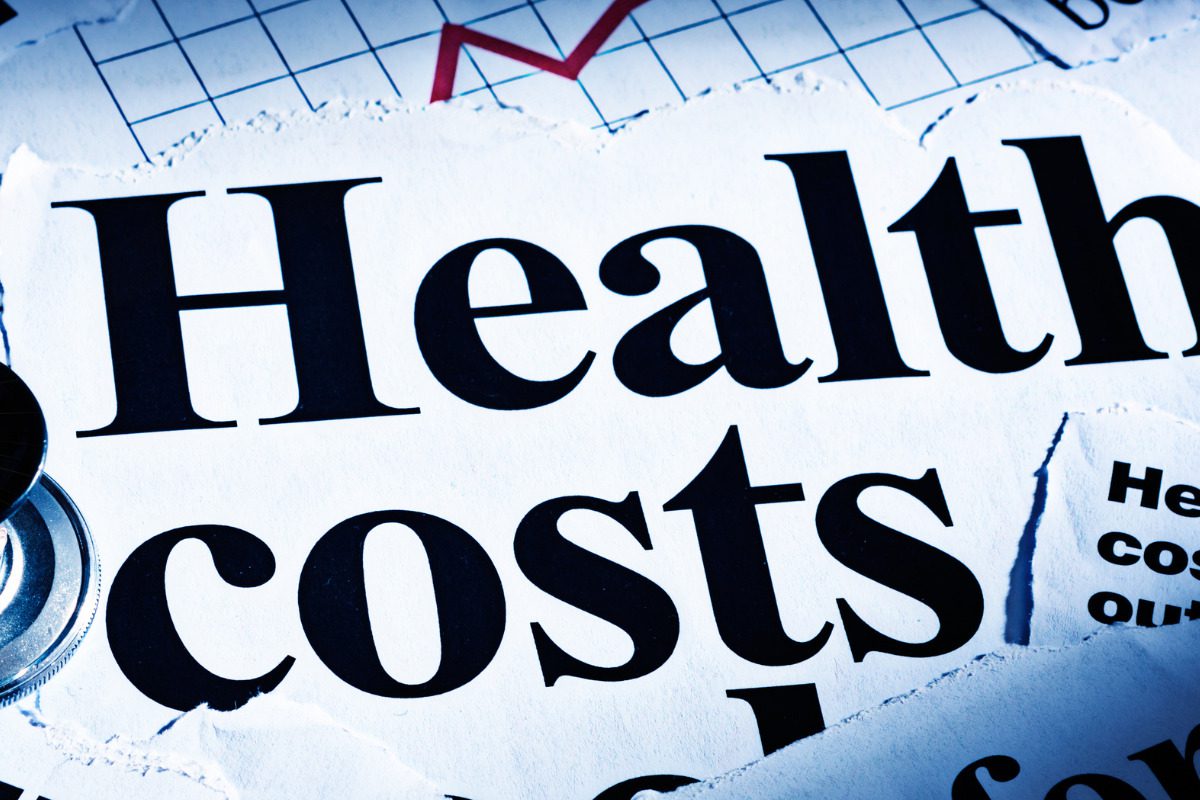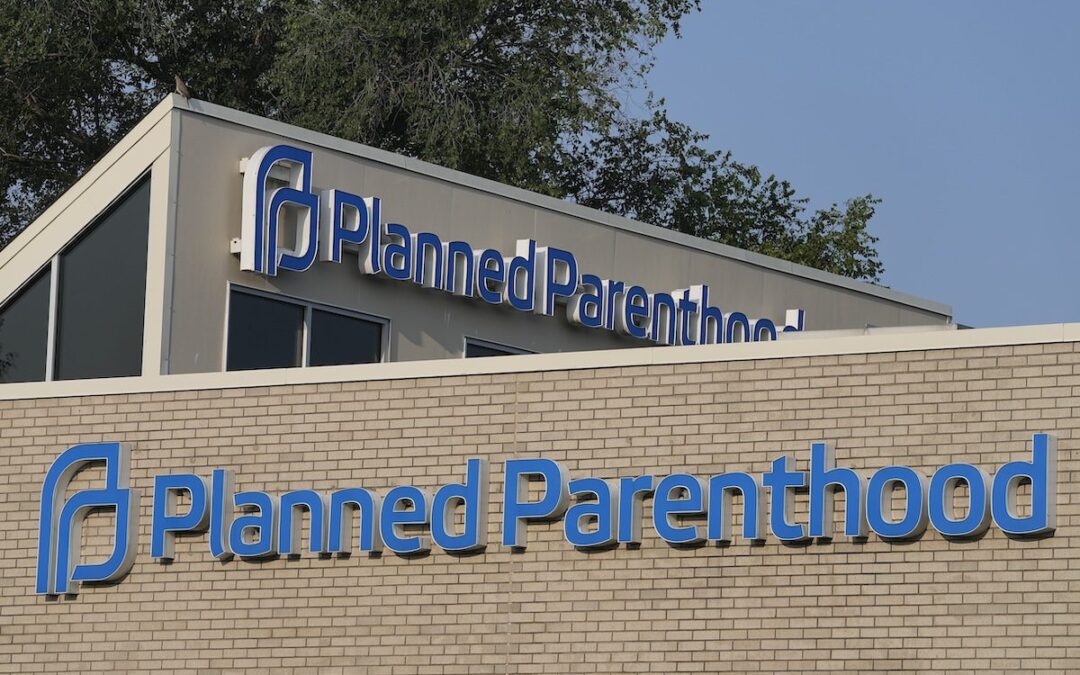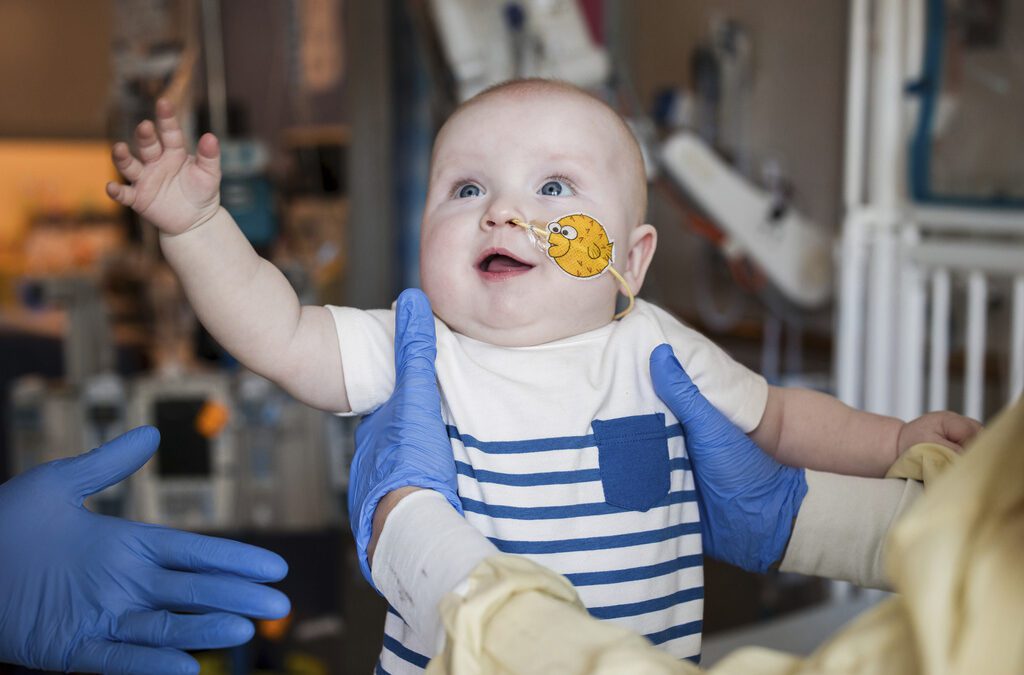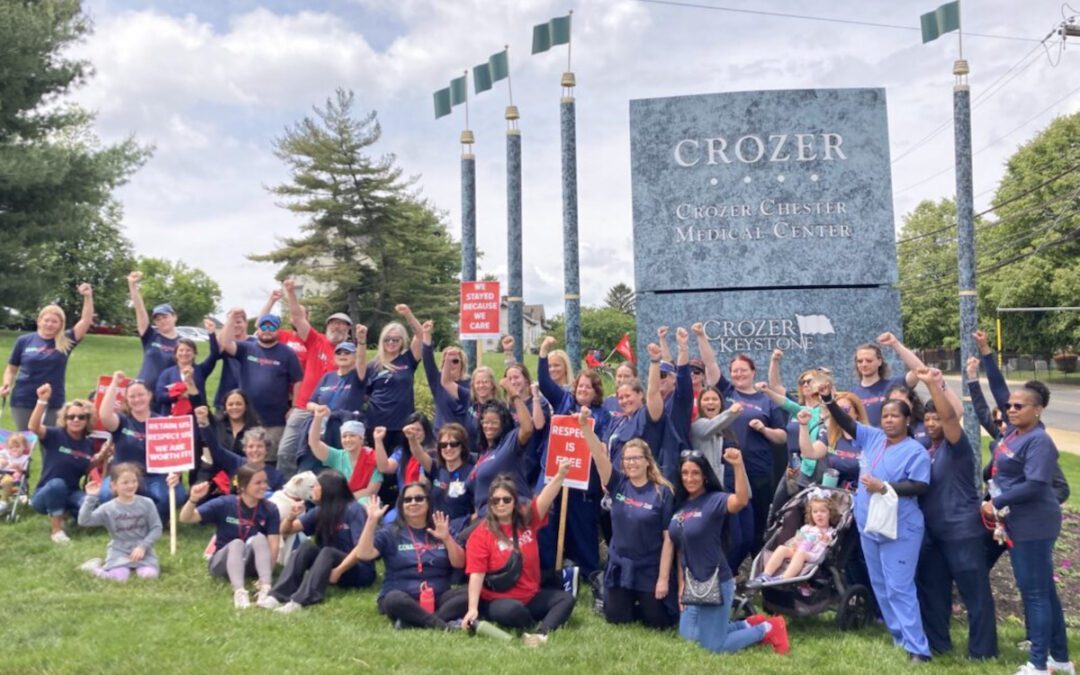
Image source: Courier Newsroom
Consumer debt is at an all-time high, and it’s eating away at the financial freedoms of working class Americans.
As a country, we’ve accumulated a record-breaking $1.14 trillion in credit card debt, and other types of debt, like medical and student loan debt, certainly don’t make this financial crisis any easier to manage. For the working class, high rates of consumer debt means millions of us are living paycheck to paycheck, struggling to fulfill financial necessities, and experiencing a decline in quality of life overall.
“Financial freedom” implies an ability to make unrestricted decisions about your own money. The debt industry is designed to strip people of their individual financial freedom because that’s how they make their bottom line: by preying on consumers and trapping them in endless cycles of debt.
In Pennsylvania, the consumer debt crisis is exacerbated by its growing medical debt problem—$1.8 billion and counting. Medical debt exists disproportionately in rural areas coinciding with high rates of unemployment and uninsured residents. Pennsylvania is no exception with the majority of the state’s medical debt concentrated in Warren, Greene, Bradford, Franklin, and McKean counties.
Earlier this year, Governor Shapiro proposed allocating $4 million towards medical debt cancellation in an effort to lift some financial burden off the backs of Pennsylvanians. If implemented, Pennsylvanians could see up to $400 million in medical debt cancellation, but the legislation is currently being held up in the state legislature.
Medical debt has created (and worsened) financial roadblocks for Pennsylvanians – roadblocks that begin with damaging credit scores and end with residents rejecting preventative care or being unable to receive adequate medical services altogether. Debt disrupts the financial, mental, and physical well-being of everyone who holds it, and the sustainability of the middle class relies on both a state-by-state and federal solution.
For the working class, the cost of debt can be the difference between upward mobility and financial ruin. In fact, most Americans can’t buy a car, put a roof over their head, get an education, or improve their quality of life in some way without going into debt. This isn’t a moral failing on the part of the consumer; this is a systemic problem that requires a radical solution. That solution is debt cancellation.
Make no mistake: debt relief will be on the ballot this year because debt isn’t just an individual issue. When the working class is in jeopardy, when their financial freedoms are at risk, so is the broader economy. Debt cancellation for all means a better economy for all.

States can cut off Medicaid funding to Planned Parenthood, the Supreme Court rules
The ruling authored by Justice Neil Gorsuch and joined by the rest of the court's conservatives could have broader implications for Medicaid...

Gene editing helped a desperately ill Delaware County baby thrive. Scientists say it could someday treat millions
Researchers described the case in a new study, saying the baby is among the first to be successfully treated with a custom therapy that seeks to fix...

Opinion: My son relies on Medicaid for round-the-clock care. Republicans want to cut it.
Tax season has come and gone yet again, with millions of American families filing last month. But as my family took part in this annual ritual,...

Two hospitals to close after Pa. officials provided $40 million to help company find a buyer
Prospect Medical Holdings, which filed for bankruptcy in January, will shutter pair of Delaware County facilities. A California for-profit health...

Opinion: I’m chronically ill, but can hold a job at Sheetz thanks to Medicaid. Cuts would put me at risk.
Beaver resident Carly Morton writes about how she relies on Medicaid to survive and work, and highlights the potentially devastating consequences of...





